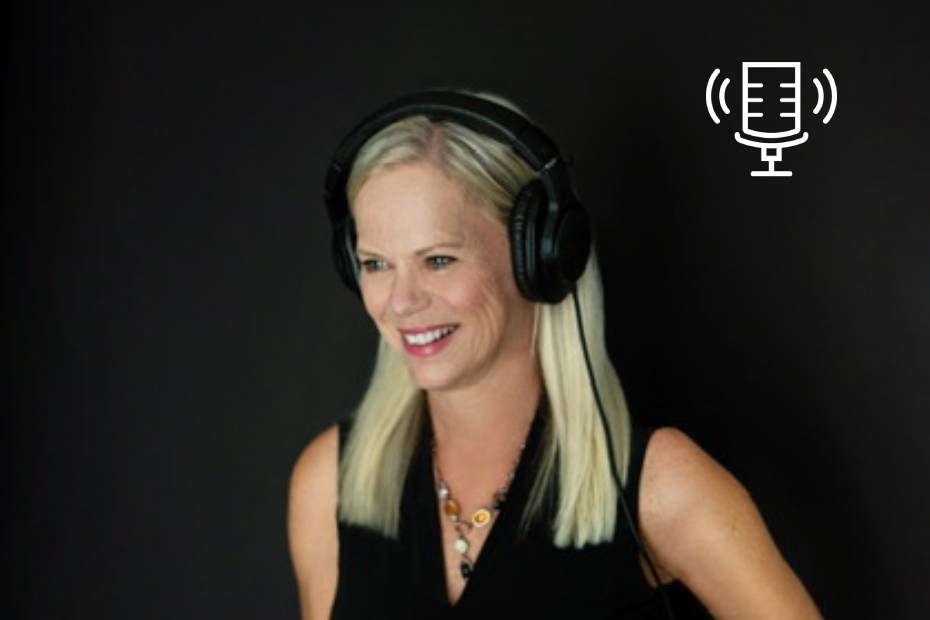Is Switching or Breaking Your Mortgage the Right Move for You? Ask These 5 Questions First

Published March 8, 2022 • 4 Min Read
1. Am I making an apples-to-apples comparison?
If you’re thinking about switching your mortgage to another lender, it’s important to make sure the comparisons you’re making consider the same factors. For instance, if saving money is your motivation for switching, be sure you’re comparing across the same term length. You’ll also want to compare fixed rates to fixed rates/variable to variable when considering savings opportunities, as the rates for each mortgage type are structured differently. While you may be looking to switch between a fixed and variable rate, it’s important to understand the differences between these rate types and make your choice based on your situation and preferences — not just cost.2. What is the potential impact on my goals?
Is there an attractive cash back offer available at a different lender? Have you found a lower rate that could save you money on interest? Before you switch your mortgage, be sure to evaluate any potential impact on your short-, medium- and long-term goals. When switching to a new mortgage, consider your future circumstances and needs. For example, will you have the flexibility to pay down your mortgage faster should you be in the position to do so, or draw from your home equity so you can finance other goals? Looking at the full picture is key.3. What fees do I have to pay to switch?
There are a few fees that come with switching your mortgage. While the amounts may vary between lenders, the types of fees are generally the same and include:- Prepayment penalties. If you’re switching your mortgage in the middle of your mortgage term, you may have to pay a penalty to break that term. If you’re thinking of switching mid-term, this is an important number to know before you act.
- Appraisal fee: A new mortgage will require an appraisal to verify your property’s value.
- Assignment fee: To transfer the mortgage from your old lender to the new one
- Discharge fee: Charged by the lender you’re leaving to remove the loan from their books
- Legal fees: Costs to cover the legal paperwork that comes with a new mortgage
4. Where will I get the prepayment funds from?
If you are breaking your mortgage early, you may have to pay for the prepayment charges mentioned above. Because these charges could be significant, you’ll want to have a plan for how you’ll cover them. Will you be able to pay for them out of your savings, or will they be rolled into your new mortgage? If you’re rolling them in, be sure to understand how this will affect your mortgage balance, monthly payment amount, or even the length of time it will take to pay off your mortgage.5. Am I basing my decision on assumptions?
Mortgage interest rates fluctuate and are influenced by many factors. Forecasting future interest rates can be difficult. When making a decision to switch your mortgage, it’s important to get input from credible sources and be wary of predictions and assumptions not grounded in fact. Working with current information — and an expert who can help you navigate all the steps and costs involved in switching — can help you make a decision that’s best for you. Keep in mind, finding the right mortgage partner isn’t all about rates and fees. Because your home is such an important part of your financial picture, you’ll want to work with a lender who can offer you ongoing advice about both your mortgage and your finances in general. If you’re looking for a new lender, don’t be afraid to ask questions and shop around for a specialist who will take the time to understand your goals and priorities — in money and in life.RBC makes switching your mortgage easy.
Discover the benefits of switching your mortgage to RBC — including expert advice, an easy transfer experience and great rates.
This article is intended as general information only and is not to be relied upon as constituting legal, financial or other professional advice. A professional advisor should be consulted regarding your specific situation. Information presented is believed to be factual and up-to-date but we do not guarantee its accuracy and it should not be regarded as a complete analysis of the subjects discussed. All expressions of opinion reflect the judgment of the authors as of the date of publication and are subject to change. No endorsement of any third parties or their advice, opinions, information, products or services is expressly given or implied by Royal Bank of Canada or any of its affiliates.
Share This Article





